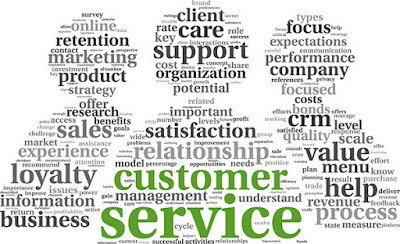What Retailers Need to Know About Influencer Marketing

By yext From eMarketing Image by John Hain from Pixabay A significant number of retailers in North America are now working with influencers as part of their marketing strategy. According to polling by Retail TouchPoints for referral marketing platform Extole, 31% of retailers said they have worked with brand advocates to become influencers, 30% used microinfluencers and 28% used paid celebrity influencers. “Influencer marketing is important for businesses around the world, particularly those in retail, fashion, beauty and entertainment,” said eMarketer principal analyst Debra Aho Williamson, author of our recent report, "Global Influencer Marketing 2019." “Many consumers, particularly young people, get product recommendations from the influencers they follow. Retailers that collaborate with an influencer can bring new shoppers into stores and create buzz around their offerings.” But influencer marketing can be more complex for retailers that sell a wide variety of

















